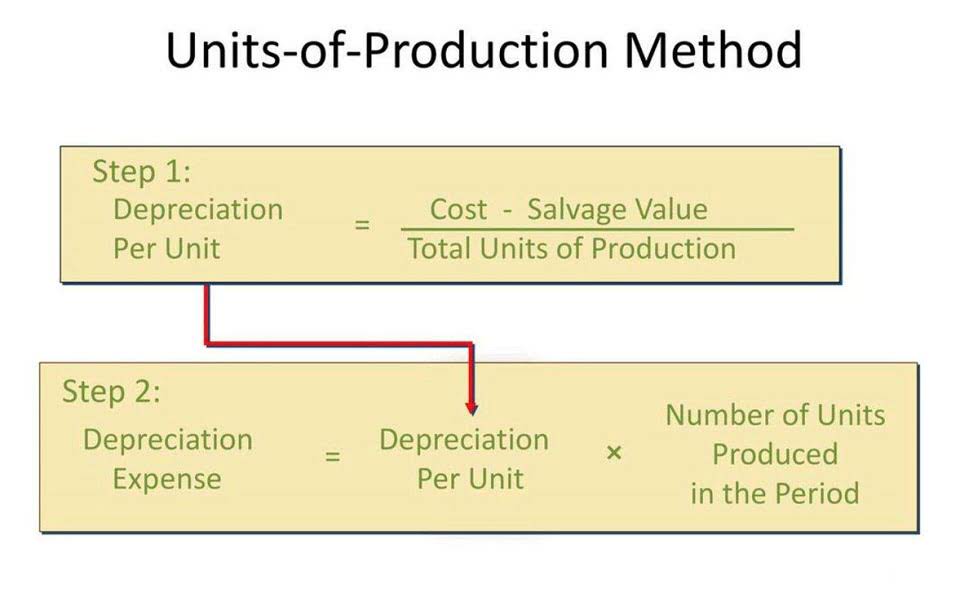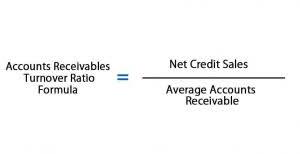Deloitte Acquires SaaS Technology Company SimplrOps

Financial reporting is not the forte for most entrepreneurial business owners therefore it is key that they work alongside their advisors to ensure that the various options are understood. The technology sectors fast pace of change often means that business owners and entrepreneurs focus on innovation and routes to market. As a result, this leaves these key individuals without the luxury of having time to consider how the outside world may view their statutory accounts. Capitalising these costs as development expenditure and creating an asset on the balance sheet is a notable alternative.
Managing Compliance and Regulations in the Tech Industry

Consistently preparing GAAP financial statements will prepare tech companies for an eventual sale through M&A or an IPO. Before a planned IPO, ensure that the CFO and Controller are (or will become) familiar with SEC reporting rules. By following ASC 606 or IFRS 15, tech companies can ensure a fair and accurate portrayal of their financial performance. Accurate revenue recognition provides clearer insights into a company’s growth and profitability, allowing for better decision-making and reinforcing investor confidence. This best practice is foundational for any tech company aiming to achieve long-term success and financial transparency. Revenue recognition is particularly challenging for tech companies, as many operate under SaaS (Software as a Service) or other subscription-based models.

The Best Small Business Accounting Software in 2025

Understanding and properly valuing intangible assets, such as intellectual property, software, and patents, is crucial in tech accounting. This involves choosing the right accounting software that fits the company’s unique needs, adopting appropriate accounting methods, and integrating technologies that streamline financial operations. Proper budgeting and investment in robust accounting services can prevent financial mismanagement and support sustainable growth. Some of the popular software solutions employed in tech accounting include QuickBooks, SAP, Oracle Financials, and Xero, among others. Tech companies, especially those using SaaS and subscription-based models, face significant challenges in revenue recognition, making it crucial to follow GAAP standards for fair financial reporting and compliance. These platforms offer a range of functionalities such as automated invoicing, payroll adjusting entries processing, and financial forecasting, making them indispensable tools for modern businesses.
- Moreover, digital transformation in accounting means that transactions can be processed quickly, reducing manual workload and enhancing accuracy.
- In conclusion, managing stock-based compensation properly allows tech companies to balance attracting talent with accurate financial reporting, while keeping dilution and profitability in check.
- The platform also allows Deloitte to embed functional leading practices and conduct real-time checks, reducing data discovery time from weeks to minutes, the firm said.
- At the heart of SAP RAR lies a sophisticated technical architecture that ensures seamless processing of revenue recognition requirements.
- The gross burn rate is the company’s total monthly spending, determined in accounting for technology companies.
- The decision to capitalize software R&D costs depends on specific criteria under accounting standards like GAAP and IFRS.
Part 1: SAP Revenue Accounting and Reporting (RAR): Foundation for Modern Revenue Management

You can solve some accounting problems and become more efficient by applying accounting automation software. Supplement these systems with data visualization software like Tableau or Microsoft Power BI for data analytics with real-time capabilities and periodic automated report runs for data your Certified Bookkeeper company follows as timeline trends. Data visualization software embeds machine learning tools to deliver business intelligence.
- Payroll problems like miscalculating paychecks for salary expenses and hourly wages hurt employee morale and productivity.
- Discover the next generation of strategies and solutions to streamline, simplify, and transform finance operations.
- The burn rate should be calculated monthly as part of your accounting cycle and your company should forecast the projected burn rate in its planning process.
- Bridging accounting functions with IT infrastructure involves using specialized software that handles financial records, reporting, and analysis on digital platforms.
- With all of this, the difference between cash flow and revenue recognition has the potential to be stark.
- These technological advancements have a profound impact on the technology industry, necessitating tailored accounting rules and compliance with specific regulations.
- The level of resources required in accounting and bookkeeping can be leveraged by efficiencies provided by AP automation software.
- These differences can influence the perceived value of software assets on balance sheets and require careful evaluation.
- As we conclude this comprehensive guide on accounting for tech companies, it’s crucial to emphasize the importance of implementing solid accounting practices.
Accounting for these costs, whether they should be expensed or capitalized as assets, poses a challenge for financial professionals. Tracking key performance indicators (KPIs) such as Lifetime Value (LTV), Customer Acquisition Cost (CAC), and Annual Recurring Revenue (ARR) accounting for tech companies is crucial for tech companies to assess their financial health and growth trajectory. Financial dashboards provide real-time insights into these metrics, enabling informed decision-making and transparent communication with investors. Stock-based compensation, such as employee stock options and grants, is a common practice in tech companies, especially for startups aiming to attract and retain talent. However, accurately calculating and reporting stock-based compensation is essential to ensure transparency in financial statements and avoid overstating profitability. For tech companies, especially those handling sensitive customer data, compliance with regulations like GDPR, HIPAA, and other data protection frameworks is critical.

Cevapla
Want to join the discussion?Feel free to contribute!